Ensemble Building of State-of-the-art Models for Skin Lesion Boundary Segmentation
Ivo Matteo Baltruschat, Thilo Sentker, Frederic Madesta, Rüdiger Schmitz, Helge Kniep, Nils Gessert, René Werner, Tobias Knopp
August 2018
Abstract
This manuscript summarizes our method and validation re- sults for the ISIC Challenge 2018 Skin Lesion Analysis Towards Melanoma Detection Task 1: Lesion Boundary Segmentation. Aim of this task is to develop an approach that automatically segments skin lesions within dermoscopic images. Our convolutional neural network based approaches utilize pre-trained weights for the FCN, SegNet, and DeepLabv3+ (i.e. with the Xception network backbone) as initialization. After training our networks on 90% of all skin lesion images and building an ensemble out of four best performing models, our approach yields a mean thresholded jaccard-index of 76.0% for the ISIC task 1 validation dataset. The single best performing model achieved 80.2%.
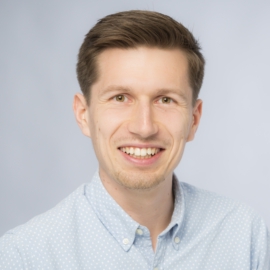
Co-Founder / Research Scientist
-Ivo Matteo Baltruschat studied Information and Electrical Engineering at the University of Applied Sciences, Hamburg between 2010 and 2014. In 2016, he finished his Master of Science in medical engineering science at the Universität zu Lübeck with his thesis on Deep Learning for Advanced Medical Applications. Currently, he is a PhD student in the group of Tobias Knopp at the Institute for Biomedical Imaging, Hamburg University of Technology. His research covers the automatic analysis of medical x-ray images using machine learning methods. Our objective is to apply deep learning methods to high-resolution medical x-ray images. In the long-term, we are pursuing the goal to employ deep learning methods in order to find patterns between medical reports and medical x-ray images that will help to push the state-of-the-art in computer-aided diagnosis for chest x-ray images.
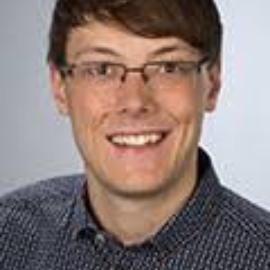
Thilo Sentker
Research Scientist
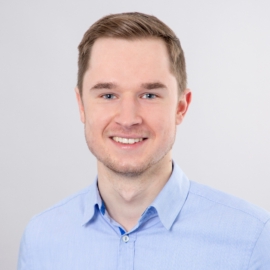
Frederic Madesta
PhD Student
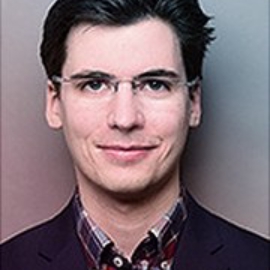
Rüdiger Schmitz
PhD Student
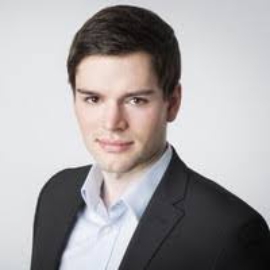
Nils Gessert
Research Scientist
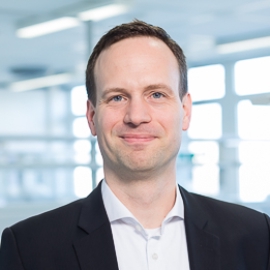
Co-Founder / Head of scientific working group